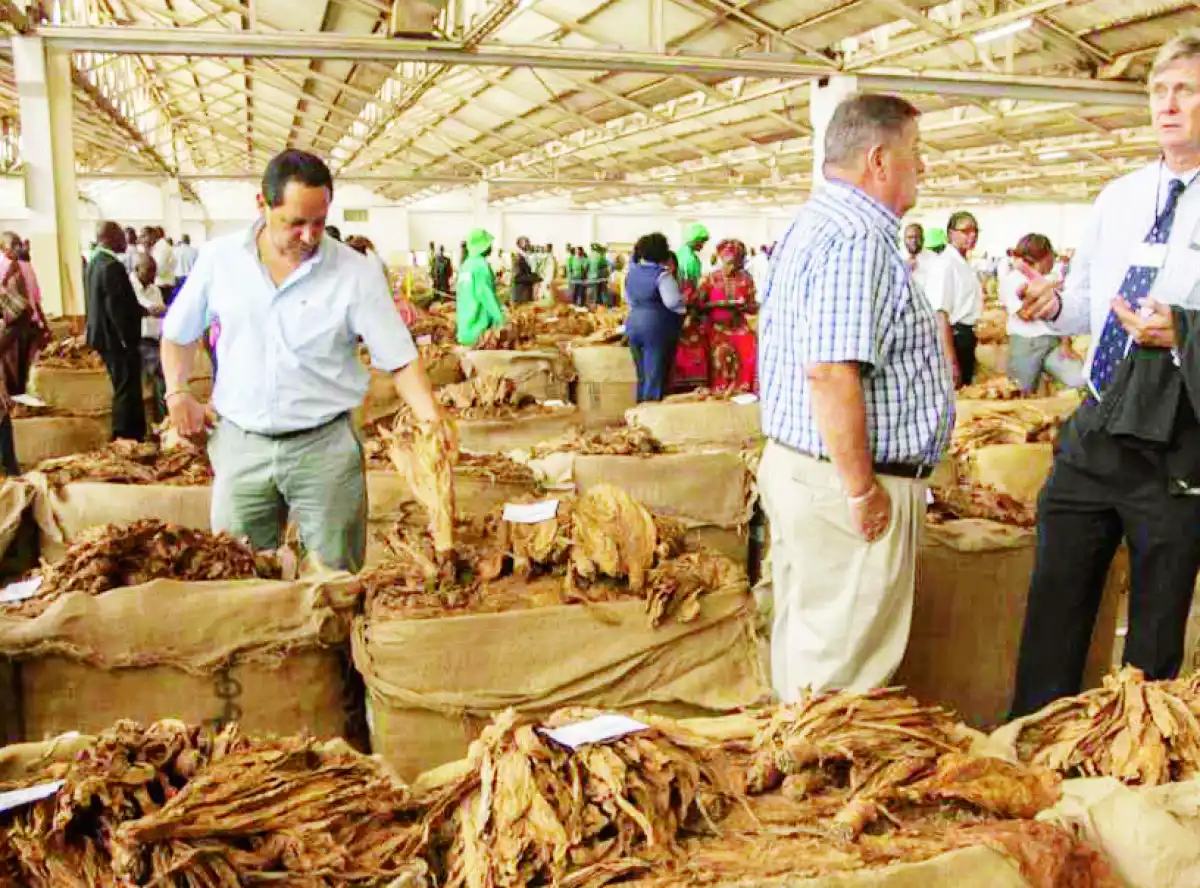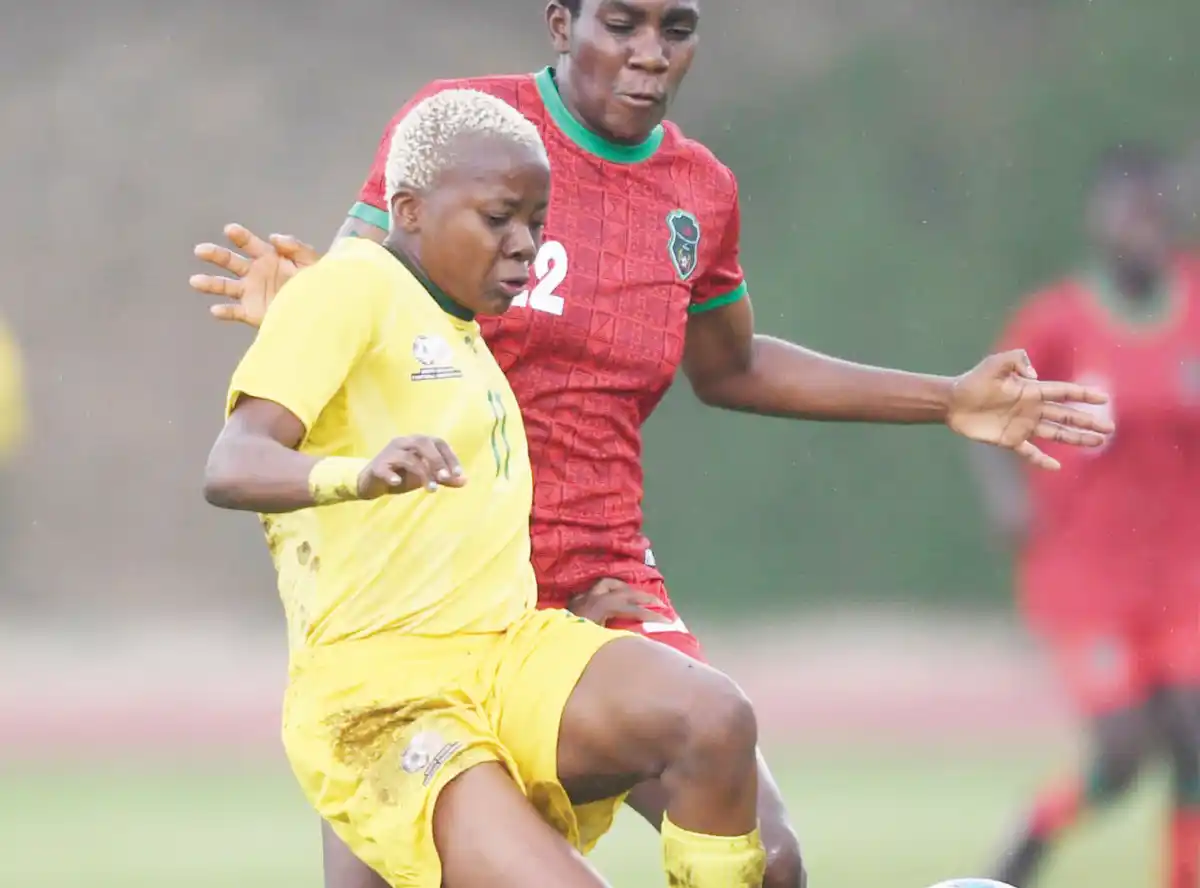Pre-electoral alliances and post-election coalitions of political parties in Malawi have not started with the constitutional provision of 50+1 of valid votes in the first round for winning presidential polls.
It certainly did not start with the nine-member Tonse Alliance, including the Malawi Congress Party (MCP) and UTM Party deal in 2020 and the two electoral pacts between the Democratic Progressive Party (DPP) and the United Democratic Front (UDF).
In fact, the first alliance in the modern era was in 1994 at the return of multiparty democracy after 30 years of post-independence single-party rule. UDF and its leader Bakili Muluzi led the alliance of five other tiny parties against MCP’s Hastings Kamuzu Banda and Alliance for Democracy’s (Aford) Chakufwa Chihana.
Muluzi won the election with 48 percent of the vote and 85 UDF members of Parliament (MPs), but political analysts agree that those little parties he partnered did not have much to do with the victory. Actually the little groupings succumbed to political oblivion soon after the 1999 poll.
Then there was the 1999 MCP-Aford Mgwirizano Alliance that still lost to Muluzi’s UDF and the second Mgwirizano Alliance in 2004.
There was even the hastily assembled MCP/UDF Alliance in 2009 that nosed up after the Electoral Commission had rejected Muluzi who wanted to stand again, saying he had already served his two successive terms between 1994 and 2004 and was not, therefore, eligible for a third term even with a five-year interlude outside State House.
A desperate Muluzi—hell-bent on snatching away the presidency from Bingu wa Mutharika who had defied him—had to sign an alliance deal with MCP to have John Tembo lead the two party’s ticket 72 hours before the 2009 general elections. However, the Tonse Alliance is by far the most significant in Malawi since the re-introduction of multiparty democracy. First, it is significant because this alliance actually won a presidential election as an opposition bloc unlike those before it.
Second, that alliance is important because, having won the presidential election and the problems the governing coalition has faced within the grouping; it provides lessons on how such pacts can endure given their obvious impacts on national cohesion and the plural party system in Malawi.
One of the greatest lessons is that in Malawi where we use an executive presidential system in which the President, who also serves as Head of State, is elected to a fixed term of office, does not depend on the Legislature (the National Assembly) for his power as is the case in parliamentary regimes.
If Malawi were a parliamentary system like its former colonial master Great Britain or Germany, the Lazarus Chakwera administration would probably have collapsed long time ago as the Tonse coalition and, therefore, governing consensus, disintegrated.
In a presidential system, however, the Head of State—acting on constitutional prerogatives (excessively if you ask me), can and tend, to overlook pre-election alliance agreements.
Thus, the influence and usefulness of the minor parties virtually end at the point the torchbearer is declared winner by the Malawi Electoral Commission.
In fact, the dominant party such as MCP in this case, can ignore the other parties it went into an electoral alliance with and form governing coalitions, even ‘collusions’ with completely different parties, including those it run against, without any legal consequences.
Probably the only blowback would be a moral one in which such a dominant party or winning presidential candidate would be seen as untrustworthy—that its word is not really its bond and may have a hard time convincing voters to believe otherwise in the next election cycle.
Indeed, such a party would have a hard time convincing other political parties to form new alliances in future.
Otherwise, in Malawi the law does not explicitly recognize party alliances and coalitions, thus such interparty agreements have no currency beyond the handshake or the so-called gentleman’s agreement.
UTM Party leader, Vice President Saulos Chilima, being the pragmatic politician, understands this. And as former chief executive of one of the biggest companies in the country and whose brand had a global presence, took a calculated risk with the MCP/UTM agreement.
That risk initially paid off (he won the vice presidency, secured some Cabinet and senior public sector posts for his party and had a good chunk of his agenda based on his party platform adopted into the governing agenda such as mega farms, agriculture inputs programme and others).
But now the gamble has turned on its head. The best is for UTM to suck it up, begin to strategise on its next course and move on. It’s no use crying over spilt milk or trying to litigate a non-binding agreement.
The greatest winner of the Tonse Alliance is MCP and not just because its leader became Head of State, but also because the alliance has helped MCP, a hitherto regionally-based political grouping, into a national organisation with grassroots structures.
That is what happens to the dominant parties in alliances—they grow bigger while its smaller partners shrink. That is what Aford did to UDF and even to MCP, but ended up recoiling into a little item in the Chihana family collection.
Aford had 36 seats in Parliament after the 1994 elections, which shrunk to 29 in 1999, plunged to six in 2004 and has maintained one seat or so since 2009.
UDF with its little marriages to MCP, People’s Party and DPP is ending in the same way. UTM has already joined the queue to find a little space in a footnote.
That’s how the law of the jungle works sweetheart!








0 Comments